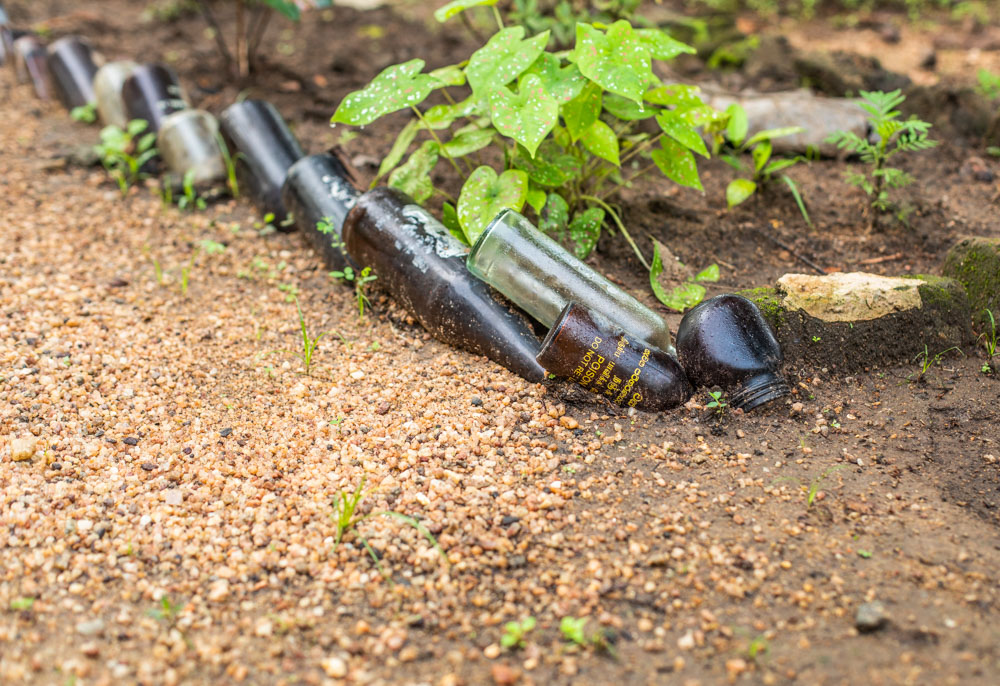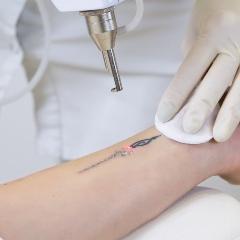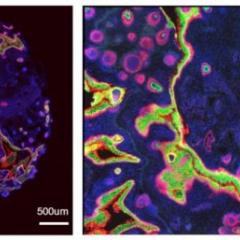Sri Lanka is reducing its pesticide-attributable deaths and overall suicide mortality using research from The University of Queensland.
UQ Diamantina Institute’s Emeritus Professor Michael Roberts, whose team analysed the blood samples of people in Sri Lanka who had poisoned themselves, said the most effective means of suicide prevention was better pesticide regulation.
“In this study, we compared fatalities from agricultural pesticides of almost 35,000 self-poisoned patients in a Sri Lankan hospital cohort over almost 20 years,” Emeritus Professor Roberts said.
“We found that eight pesticides were responsible for most deaths.
“Three of these are now banned after our research findings were put forward to Sri Lankan authorities.
“Banning the remaining five could further reduce pesticide-related deaths.”
Emeritus Professor Roberts’ team at UQ worked in conjunction with the NHMRC Translational Australian Clinical Toxicology (TACT) Program to provide their research data to Sri Lankan authorities.
“One of the responsibilities we have in Australia is to help our Indo-Pacific colleagues, and for me, that is one of the main takeaways from this research,” Emeritus Professor Roberts said.
“My team analysed all the blood samples of the poisoned people in Sri Lanka, so the research is being led by Australia, and it’s important that we do our bit to help those around us.
 “In countries like Sri Lanka, these pesticides are the easiest materials to get hold of for people who are wanting to harm themselves.”
“In countries like Sri Lanka, these pesticides are the easiest materials to get hold of for people who are wanting to harm themselves.”
Emeritus Professor Roberts said the overall pesticide fatality rate dropped from 10·5 per cent between 2002–06, to 3·7 per cent during 2013–19 after the nationwide bans.
The study also showcased a high fatality rate of 7·2 to 8·6 per cent for the other five commonly ingested pesticides that are not yet banned, which together account for nearly a quarter of pesticide deaths in Sri Lanka since 2013.

Emeritus Professor Roberts said those figures provide strong grounds for those five pesticides to also be banned.
“There is always going to be a suicide rate, no matter what you do, but we want it to be smaller,” he said.
“Australia has a good regulatory system now, and we have a balance between having good public health policies and also allowing pesticides to be used where required, so we don’t have the same issues that we see in Sri Lanka.”
This research is published in The Lancet Global Health (DOI: 10.1016/S2214-109X(21)00086-3/fulltext).
Media: Emeritus Professor Michael Roberts, m.roberts@uq.edu.au, 0411 264 506; Professor Nicholas Buckley, nicholas.buckley@sydney.edu.au, 0418 824 023; Faculty of Medicine Communications, med.media@uq.edu.au, 3365 5118, 0436 368 746.
Do you need help? Contact Lifeline on 13 11 14.
Image: The garden of a pesticide self-harm survivor in North Central Province, Sri Lanka. Image courtesy of Heshani Eddleston of Centre for Pesticide Suicide Prevention (CPSP).



